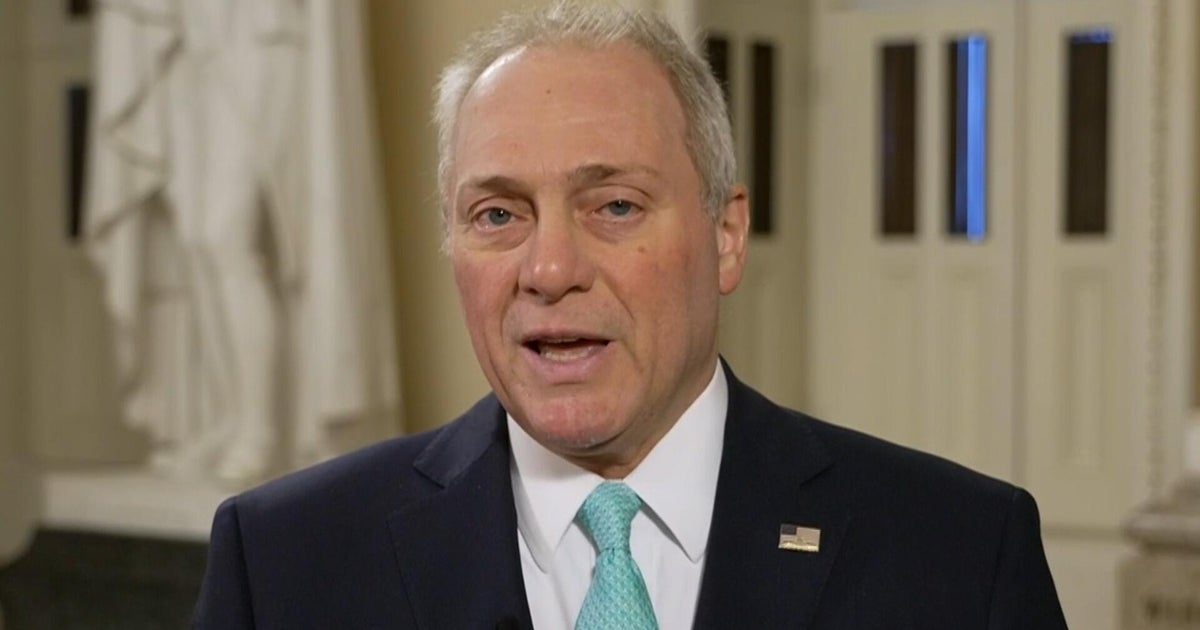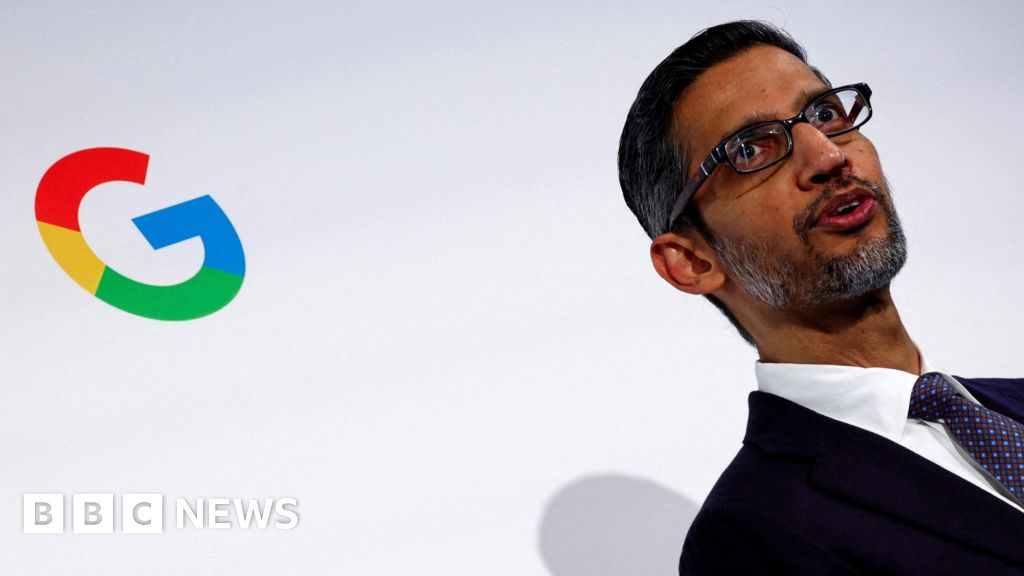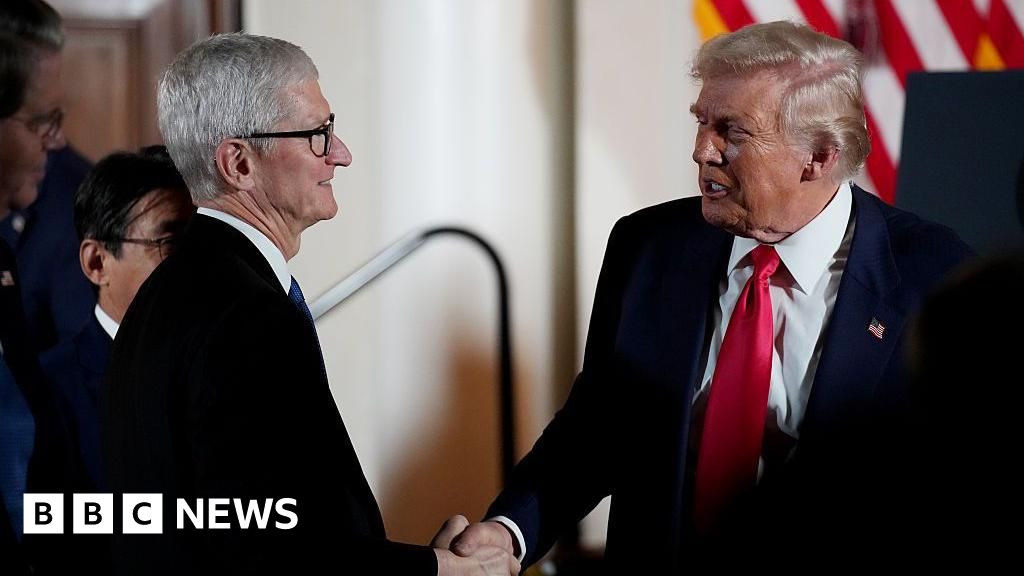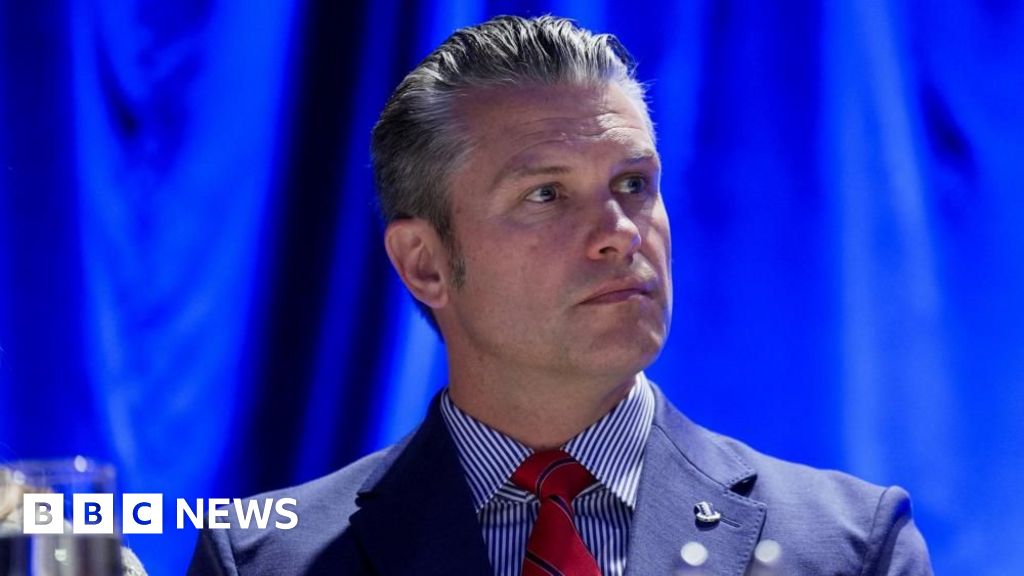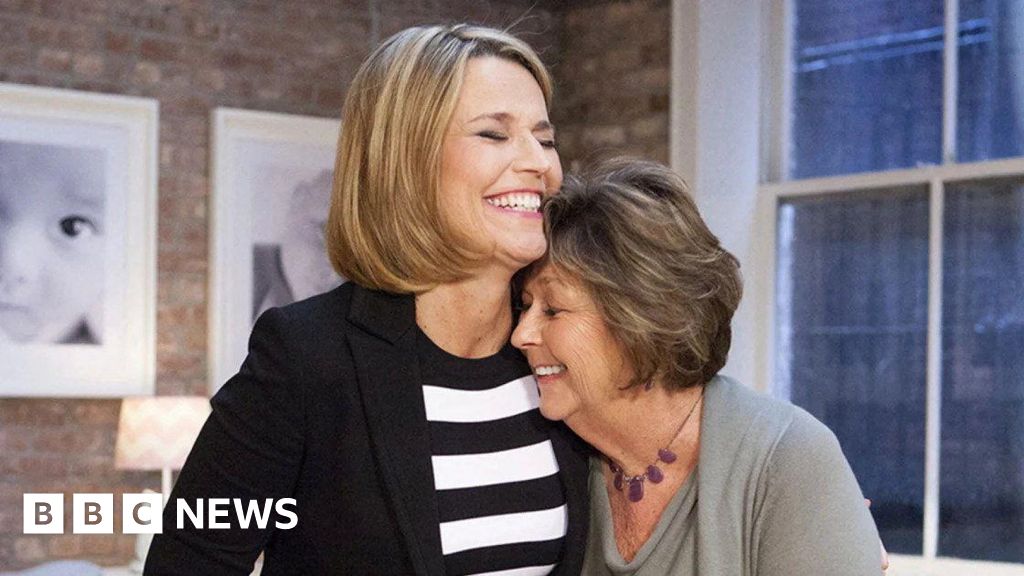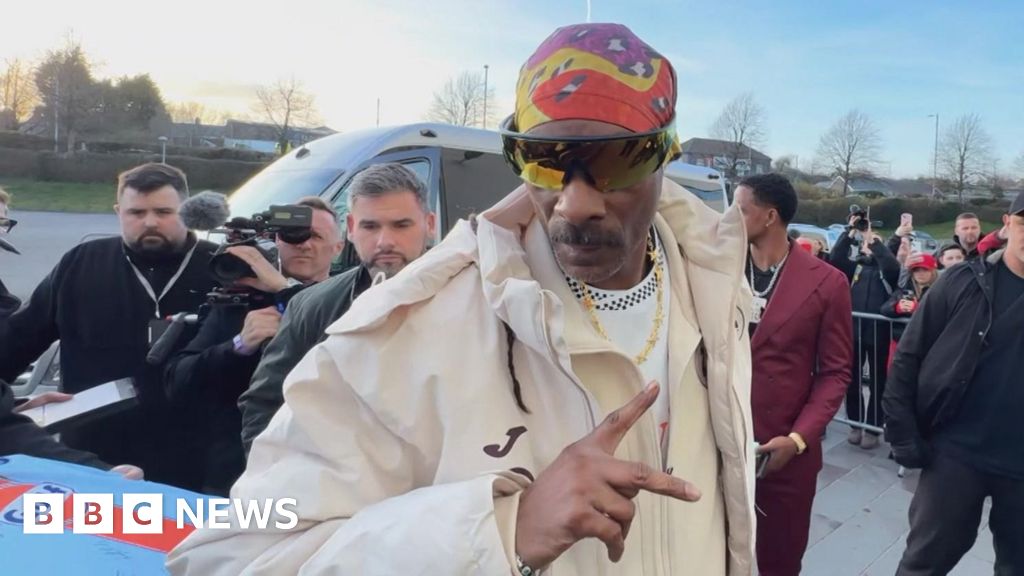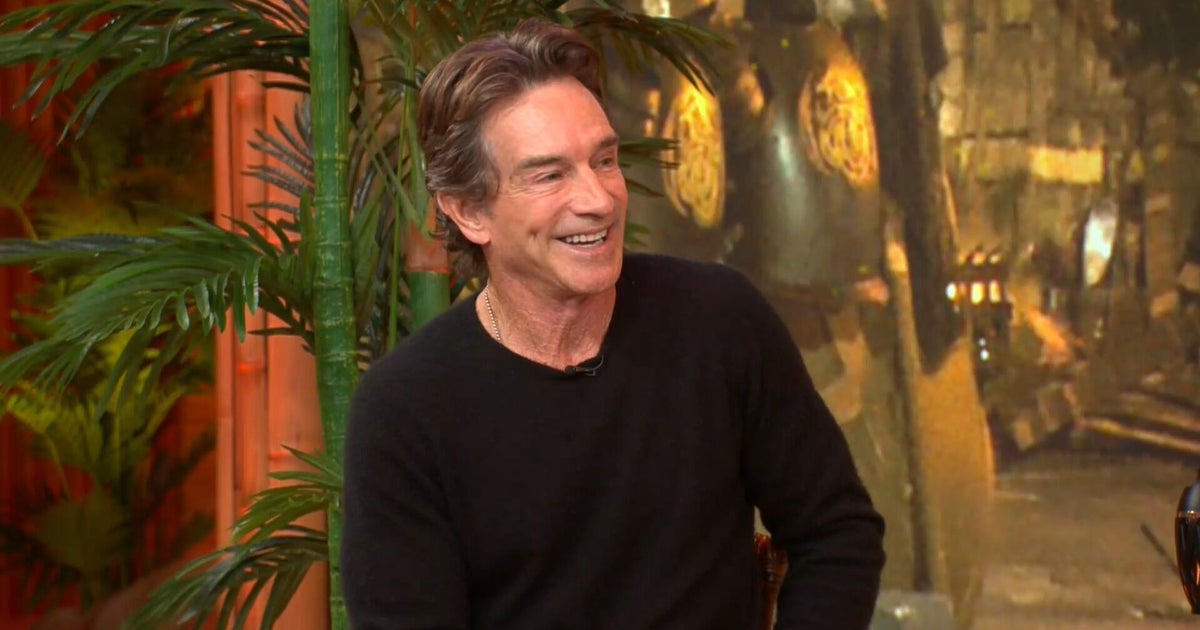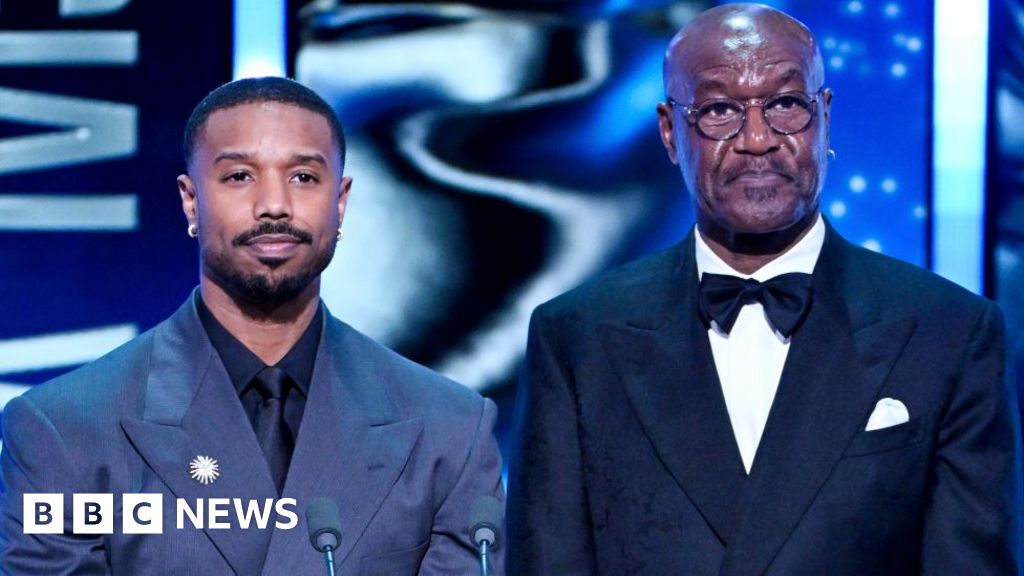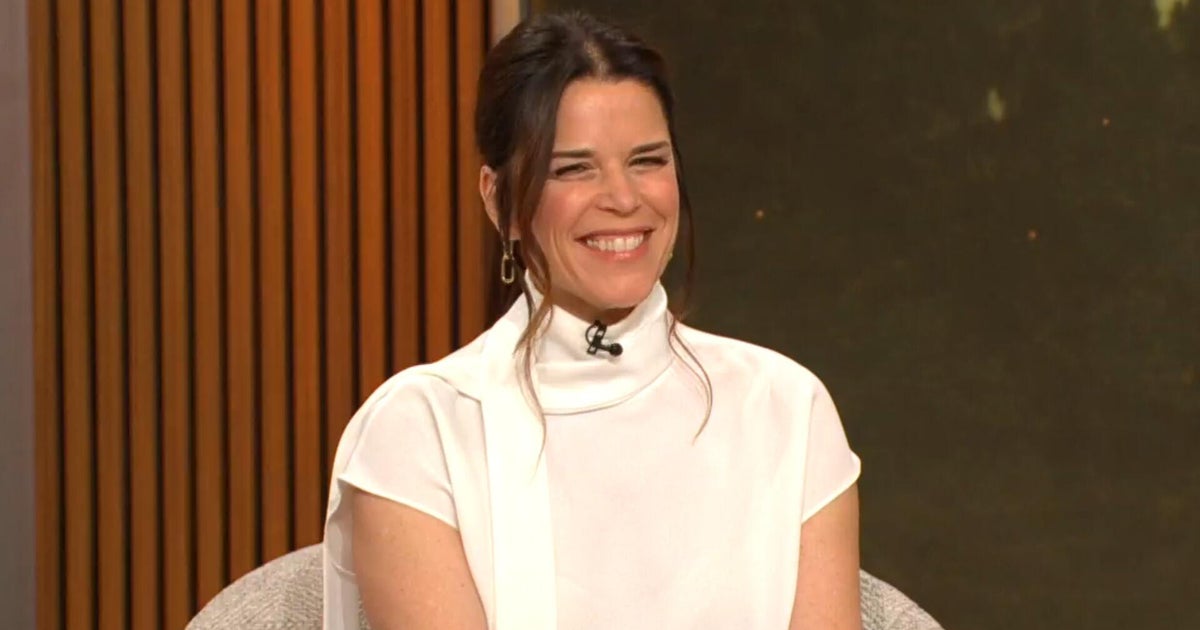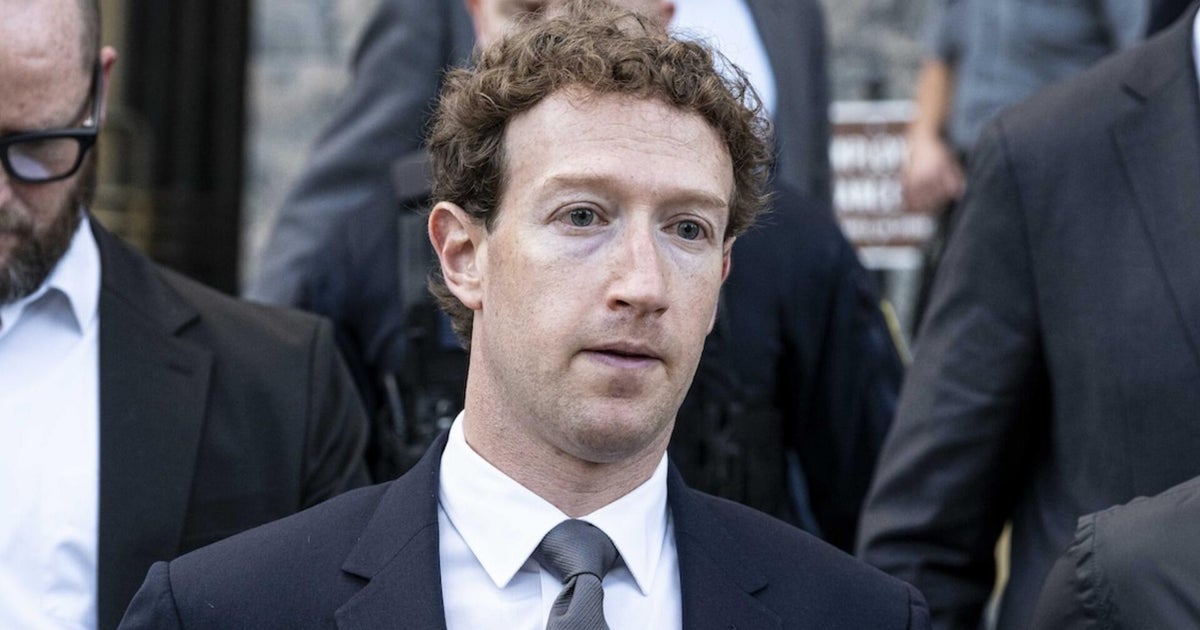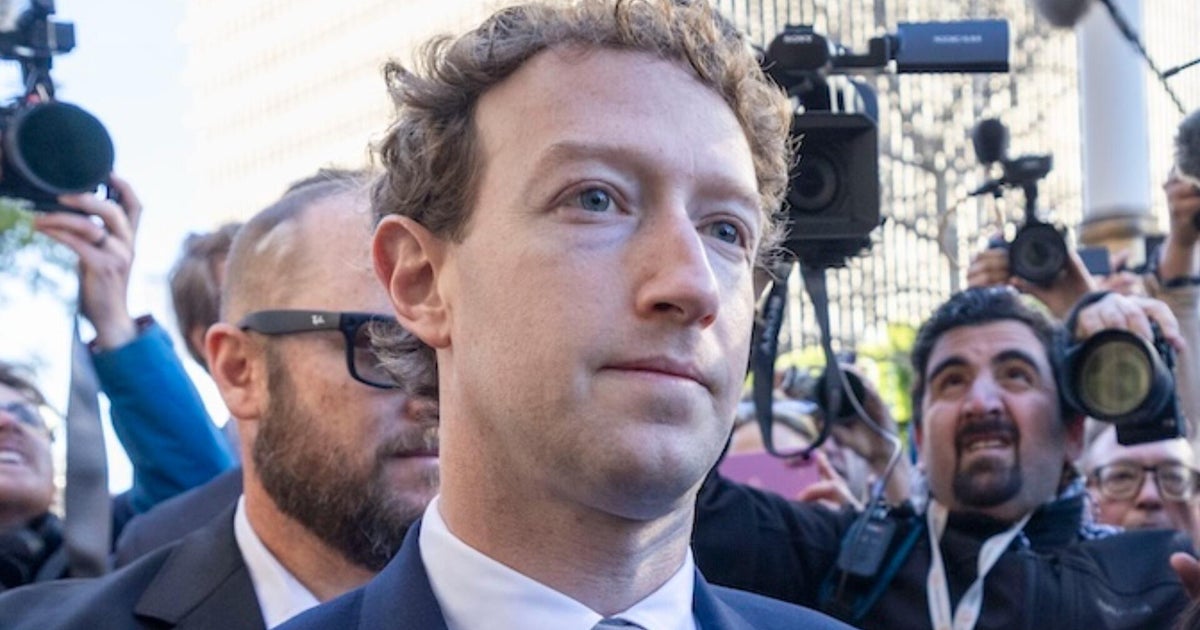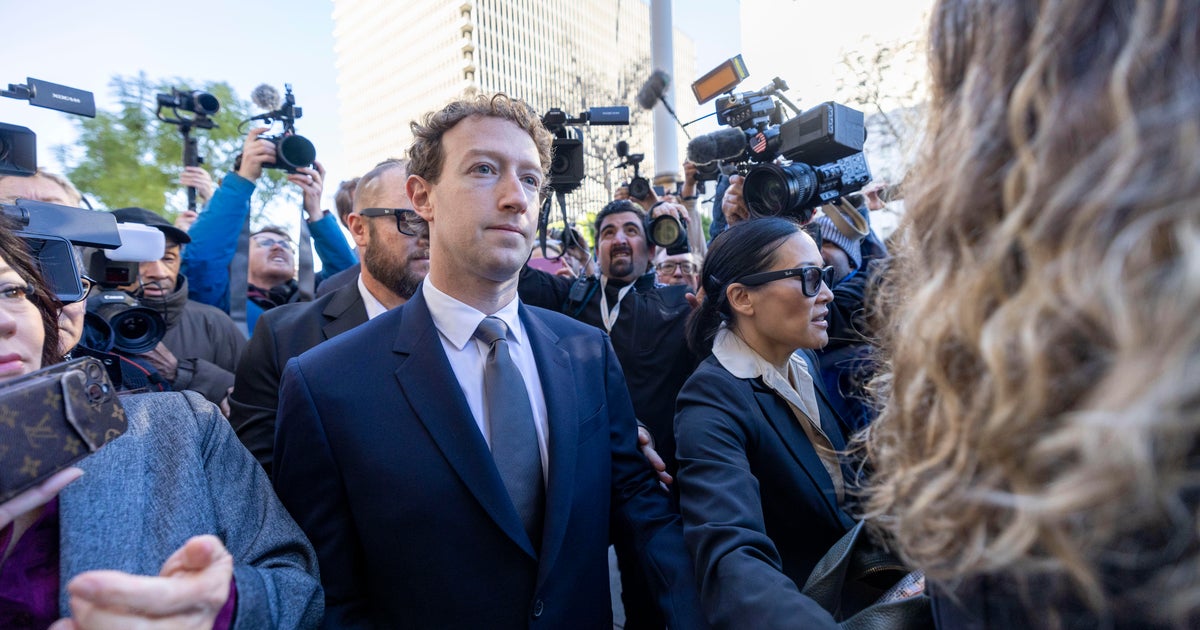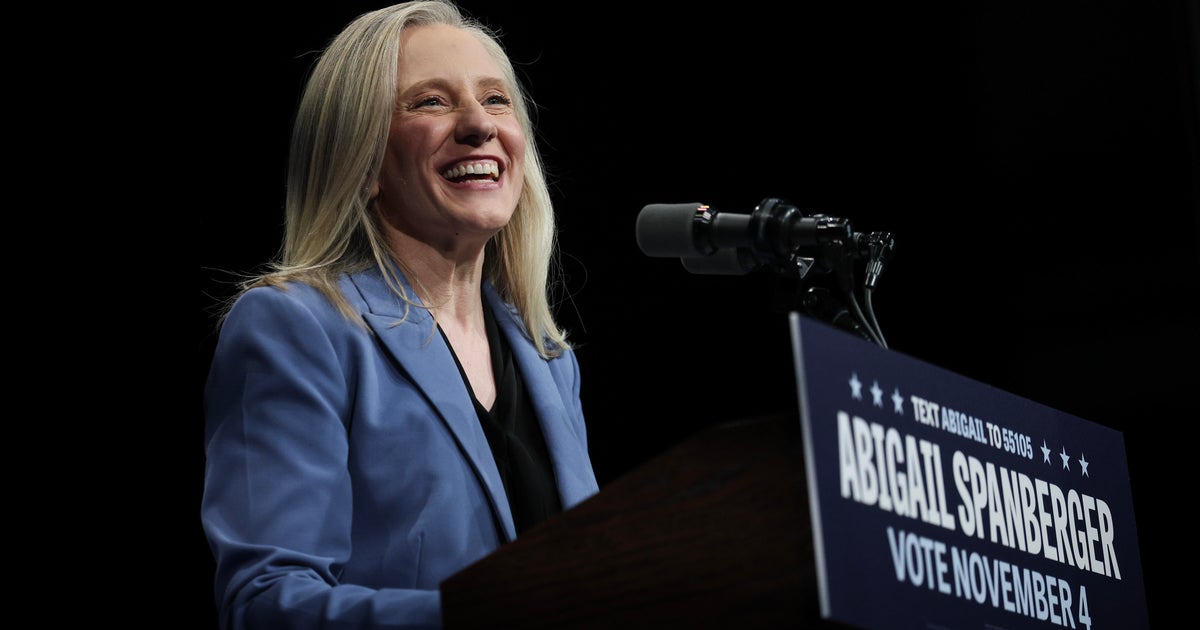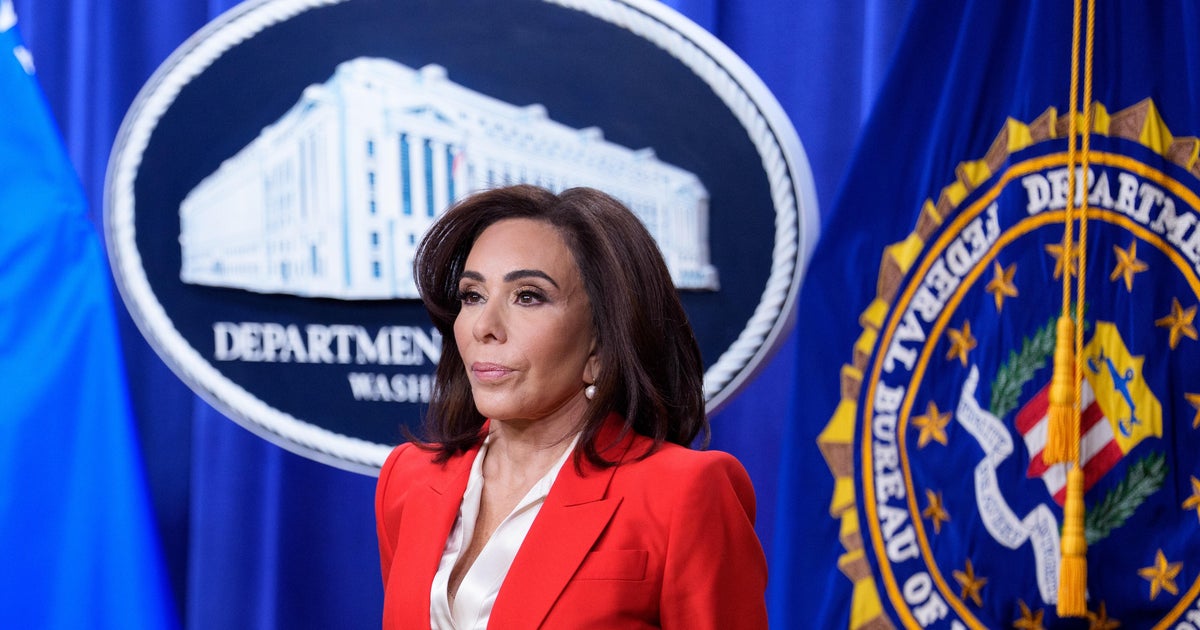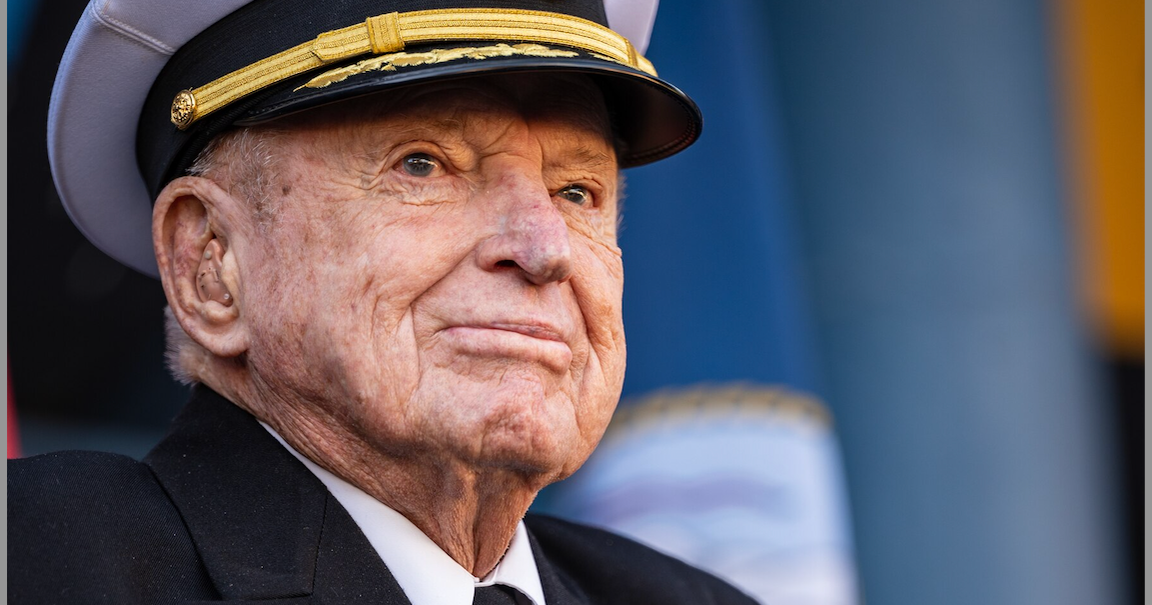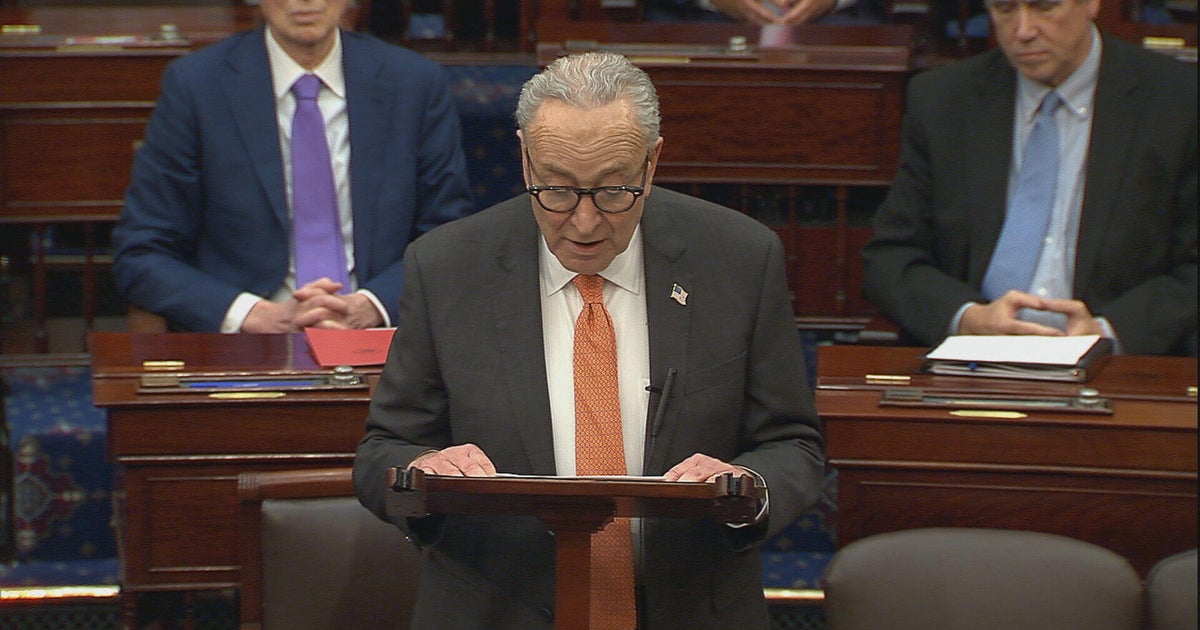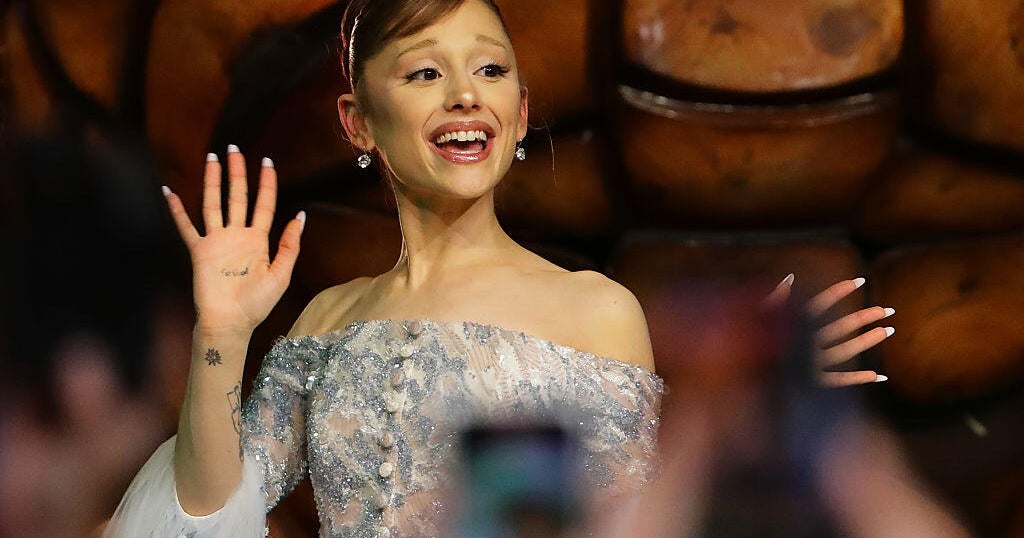Masaan 10 years: How Vicky Kaushal and Richa Chadha’s Debut Film Still Teaches Reclaiming Your Story
A decade of Masaan reveals how Vicky Kaushal and Richa Chadha’s debut became a modern classic of redemption, caste and resilience.

Masaan completed ten years in 2025, and its quiet yet profound voice continues to inspire audiences. A film that launched Vicky Kaushal’s acting career and cemented Richa Chadha’s versatility, Masaan offered a poetic, grounded look at how individuals reclaim their identity even when society fails them. Its release in 2015 marked a turning point in Indian independent cinema and its tenth anniversary prompted introspection into why the film still matters.
Society’s judgment and personal trauma are central to Masaan. Devi (portrayed by Richa Chadha) is an educated young woman who defies social taboos by seeking privacy with her partner. When their intimacy is exposed by a hotel receptionist to the police, she faces extortion and a cascade of shame. Her partner, overwhelmed by humiliation, takes his own life. This tragedy ignites Devi’s journey through betrayal, family pressure, and grief—leading her to move cities and rebuild her life under the weight of public condemnation. Her resilience in the face of relentless scrutiny becomes a quiet act of defiance and reclamation.
Parallel to her story is Deepak’s arc, played by Vicky Kaushal. Born into the Dom community that carries the inherited stigma of cremation ghats in Varanasi, Deepak works as a roadside worker near pyres. He falls in love with Shaalu, an upper-caste woman, and she encourages him to envision a life beyond his caste-defined limits. When Shaalu dies in a tragic accident, Deepak’s grief could have defined his future. Instead, it becomes a catalyst: he studies, gains aspiration, and emerges with dignity, overcoming the identity society once imposed on him. His transformation is not loud but powerful in its simplicity.
When Masaan premiered at Cannes Film Festival in 2015, it was screened in the Un Certain Regard section and went on to win two awards, including the prestigious FIPRESCI Prize. Times of India reports that Vicky Kaushal reflected on how fearless the project felt at the time—knowing it was outside the mainstream but trusting its emotional authenticity. Over time, Masaan has achieved cult status, with critics and fans celebrating its nuanced storytelling and raw depictions of grief, caste, and redemption.
Watching Masaan today remains a resonant experience. The film’s quiet realism respects the slow unfolding of human resilience. Varun Grover’s screenplay, praised for its literary elegance, avoids melodrama yet captures heartbreak, shame, and hope in equal measure. Richa’s portrayal of Devi, who utters the line “Maine nahi maara usse!” when accused of causing shame, stands as one of the film’s most powerful moments—where truth and self-ownership prevail despite societal stigma. Vicky’s portrayal of Deepak transitions from grief to determination, revealing that identity can transform through personal agency.
The tenth anniversary catalyzed deeper reflections from filmmaker Payal Kapadia, who described Masaan as “a moment in Indian cinema.” In interviews she noted how the film’s visuals, sound design, and poetic interludes elevate its themes beyond standard narrative. The ending—where Devi and Deepak meet at the Sangam of rivers in Allahabad—symbolizes convergence and renewal. Less than thirty minutes of dialogue at the climax, but it conveys volumes about hope and continuation in spite of loss.
Vicky Kaushal often credits Masaan as a defining milestone. His Instagram reflections mark the decade with gratitude: “Ten years…so much to learn, so much to grow.” By his own admission, when filming, no one anticipated how deeply the film would resonate. It wasn’t a commercial blockbuster, but its emotional depth made it timeless.
Richa Chadha’s career similarly gained momentum following Masaan. From that breakout role she went on to embrace diverse performances in films like Fukrey, Section 375, and web series such as Inside Edge. She remains a champion of layered, challenging roles that defy mainstream convention.
Watching Masaan today is to witness a film that refused to be loud yet refuses to fade. Its themes of caste, grief, shame, and choice remain relevant in modern India. The film reminds us that when society judges us harshly, the only way forward is through reclaiming one’s narrative—not through loud resistance but through quiet dignity.
After ten years, Masaan stands not just as Vicky Kaushal’s debut or as a breakout independent drama, but as a cultural moment: a quiet rebellion against social stigma, an affirmation of emotional integrity, and an example that cinema can heal as much as it can tell. Survivors like Devi and Deepak show that identity is not fixed—it can be reshaped through persistence and self-belief.
In the decade since its release, Masaan has been celebrated at festivals, adopted by cinema scholars, referenced in activism, and quoted by poetry lovers—proof that it belongs to multiple textures of storytelling. It unified Indian and global audiences in its quiet strength, proving a film doesn’t need spectacle to impact souls.
Reclaiming your story, Masaan teaches, means standing up to shame, choosing hope over silence, and refusing to let society define you. A decade later, it remains as relevant and necessary as ever—a whisper that echoes louder than most films shout.
Disclaimer
This article is based entirely on verified information from reputable sources and does not reflect personal opinions or promotional content. It is intended for cultural commentary and educational analysis. Myhospy.com is not responsible for any decisions made based on this content.
What's Your Reaction?
 Like
0
Like
0
 Dislike
0
Dislike
0
 Love
0
Love
0
 Funny
0
Funny
0
 Angry
0
Angry
0
 Sad
0
Sad
0
 Wow
1
Wow
1







